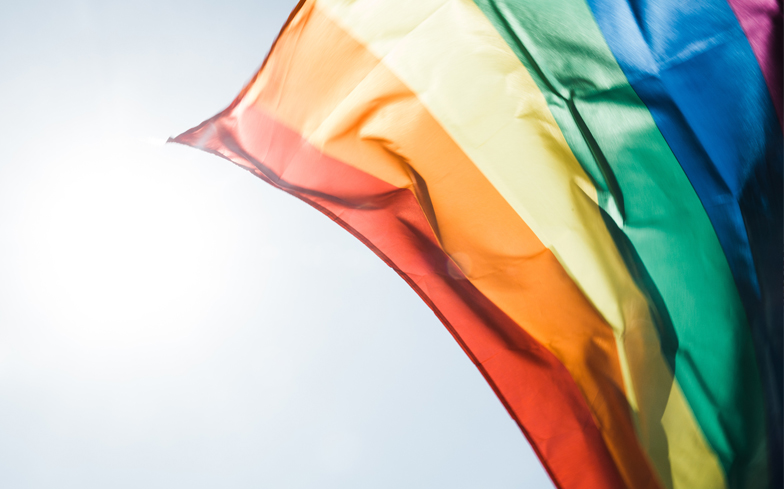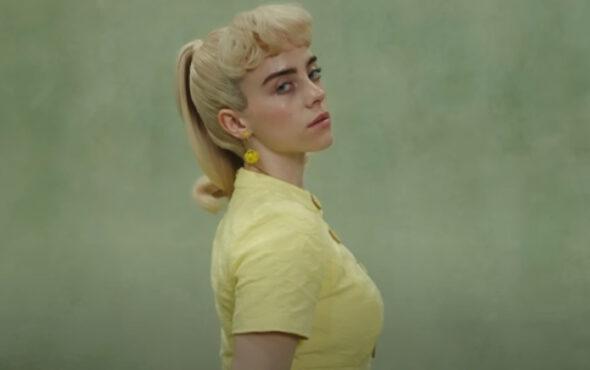
When I’m asked ‘which living person do you most admire?’ I always say Peter Tatchell.
I was 14 when he campaigned in the Bermondsey by-election and suffered horrific homophobic abuse in a campaign still regarding as one of the dirtiest in modern British political history. Fast forward to last weekend and Peter was still protesting, this time outside the Russian Embassy against the persecution and torture of LGBTQ people in Chechnya. I don’t always agree with him politically, but I greatly admire his courage over so many years in the face of abuse and physical violence.
So it was Peter who I thought of first when I saw that the theme for this year’s LGBT History Month was ‘Peace, Activism, Reconciliation’. But two other examples of activism also sprang immediately to mind…
Just about everyone has heard of Dr Martin Luther King Jr. But far fewer people know about Bayard Rustin, a mentor and adviser to Dr King and the organising genius behind the 1963 March on Washington.
Rustin’s place in the history of the US civil rights movement is indisputable. But part of the reason why you might not have heard of him is because Bayard Rustin was also gay.
In an interview he gave in 1986 (which you can hear here), Bayard talks about how he simply couldn’t stay in closet as to do so would be aiding and abetting the prejudice that was trying to destroy him. Living as a free, whole person was, for him, a necessity.
He discusses how, in 1962, pressure was put on Dr King by other black leaders to sideline Rustin, following concerted smears against him. He was asked to leave but, a year later, Dr King backed him robustly when Bayard was attacked by name on the US Senate floor.
During the run up to the March on Washington, the ten leaders of the March – six black civil rights leaders and leaders from Jewish, Catholic and Protestant communities and the Trade Union movement – all affirmed their faith in Rustin’s character and ability to make the March a historic event. And the rest, as they say, is history.
In the interview, Bayard does not appear to be angry about how he was treated – perhaps a reflection of his Quaker dedication to peace. But he does talk about the need for diverse groups to always seek to find common cause.
In 2013, Bayard Rustin was posthumously awarded the Presidential Medal of Freedom, America’s highest civilian award. President Barack Obama and First Lady Michelle Obama spoke to Rustin’s partner who was accepting the award (Rustin died in 1987) about how Bayard’s politics and activism influenced them and how his place in history had been denied because he was openly gay. The recognition of Bayard by the President felt, he said, like a moment of change, recognition and affirmation.
I also recently rediscovered the below 1973 clip of Sylvia Rivera, the iconic Latina trans activist. It isn’t an easy watch. There is raw anger in Sylvia’s words in the face of an, at least in part, hostile crowd.
It came at a point in the gay liberation movement when, in Sylvia’s and others’ view, the more ‘assimilationist’ sections of the LGBTQ communities were leaving behind the most vulnerable members of their communities – people of colour, the poor and the homeless. As such, her activism captured in this clip remains just as relevant 46 years later.
With her friend, Marsha P Johnson, Sylvia co-founded Street Transvestite Action Revolutionaries or STAR which offered services and advocacy for homeless LGBTQ young people. Sylvia also fought for legislation that, eventually, banned discrimination in New York on the basis of sexual orientation in employment, housing and education. But as this clip shows, Sylvia always felt that the wider community failed to do enough to help take care of those who most needed it.
From what I’d seen and read about Sylvia when I was younger, ‘peace’ wasn’t the word I’d immediately have chosen to describe her activism. But I’ve increasingly realised that her activism was absolutely about a search for a place of peace – for herself and those who were most in need of it. Later in life, Sylvia struggled with addiction and homelessness and died, aged 50, in 2002.
The charity I work for, Barnardo’s, began 150 years ago with our founder, Thomas Barnardo. Even though he was straight and, outwardly, a buttoned up Victorian, I believe he burned with a similar activist zeal to Bayard and Sylvia.
Today, we honour his legacy by seeking to change the lives of the most vulnerable children and young people across the UK and to change the system for the better too. I’m particularly proud that this includes support for LGBTQ youth through the work of our Positive Identities Service supporting young people and their families and that, in 2018, we were the first children’s charity in Northern Ireland to publicly voice support for the campaign for civil marriage equality there.
But there is so much more we could do. So there is something very resonant in this year’s LGBT History Month theme of ‘Peace, Activism, Reconciliation’, found the words of Bayard Rustin that stand on a plaque outside the Chelsea apartment building where he lived. The plaque reads “we need in every community a group of angelic troublemakers”. It feels like that is exactly who we need to be right now.
Adam Pemberton is the Strategy and Performance Director at Barnardo’s



